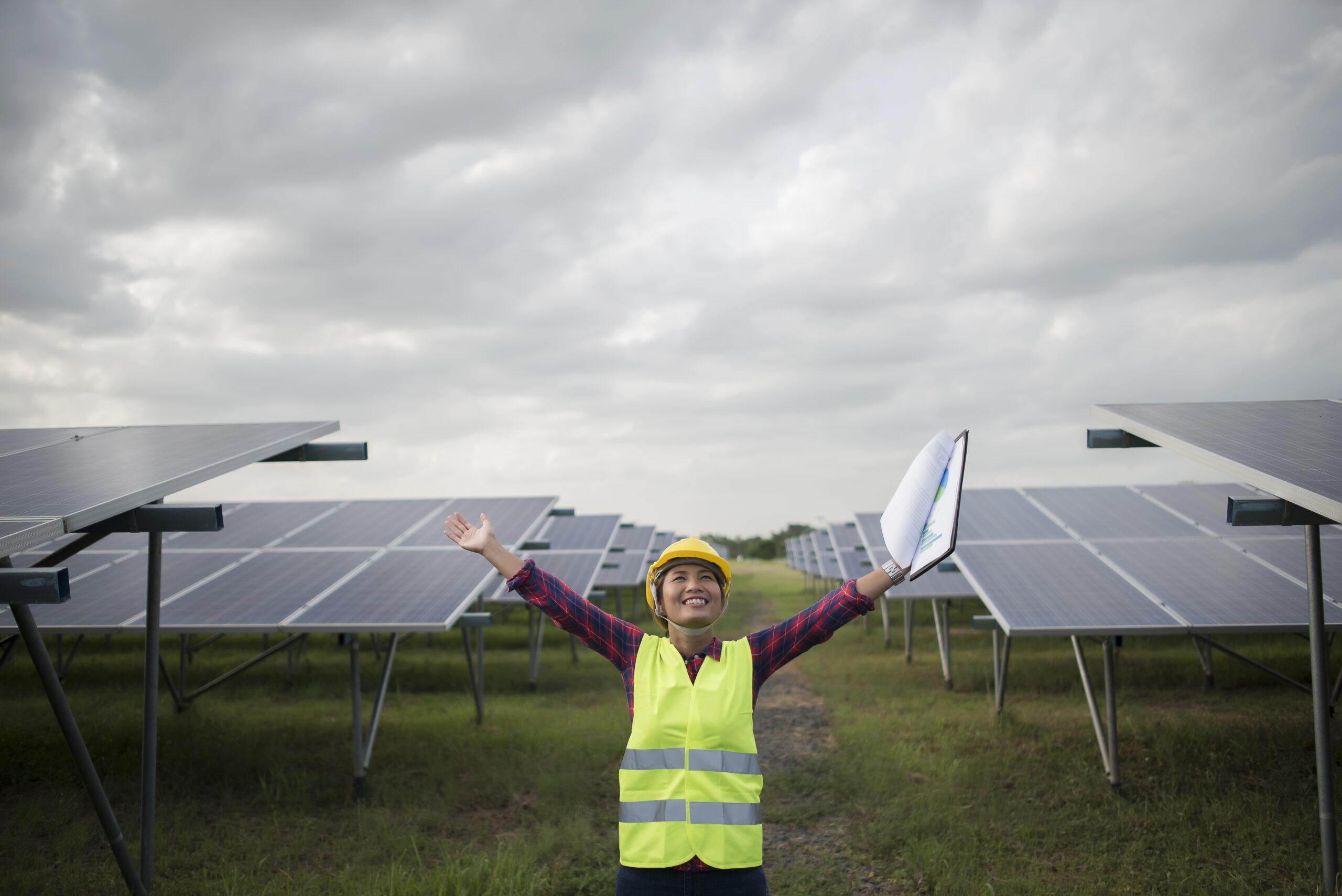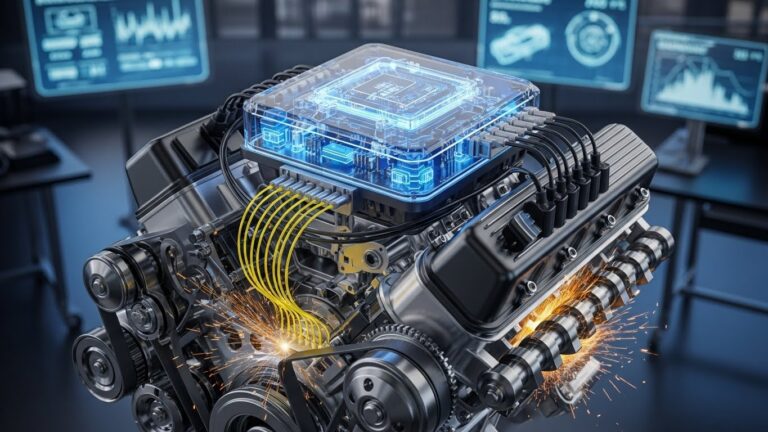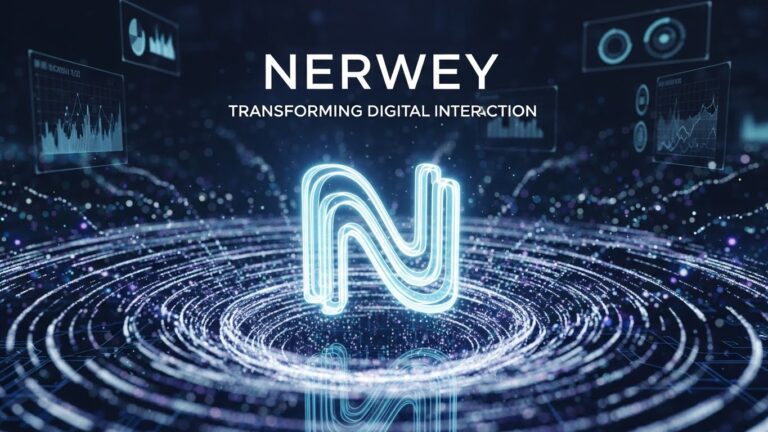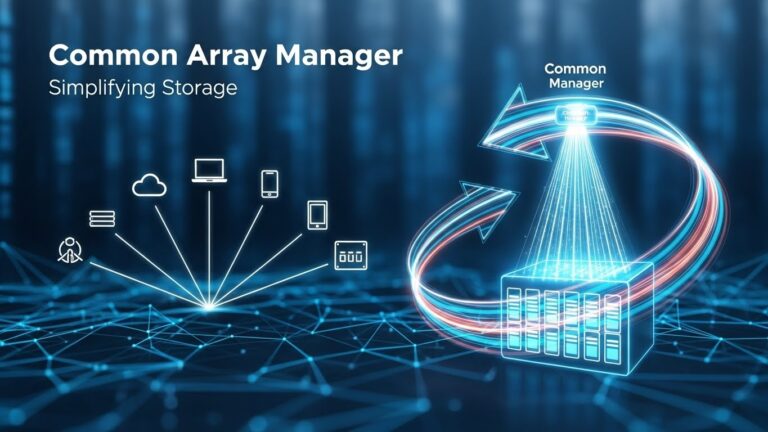
As the world embraces sustainable energy solutions, HMS Photovoltaik stands out as a leading option for harnessing solar power. By combining high-efficiency photovoltaics with intelligent hybrid energy management, it promises not just cleaner power, but more usable, resilient, and economical energy systems.
What is HMS Photovoltaik?
“HMS Photovoltaik” refers to solar energy systems that go beyond just installing panels. HMS typically implies Hybrid Management Systems applied to photovoltaics. That means integrating:
-
Solar panels / photovoltaic modules that convert sunlight to electricity
-
Inverters to convert the DC power generated into AC power used by homes, businesses, or the grid
-
Battery storage or other means of storing excess energy for times when the sun isn’t shining
-
Monitoring & control systems that track performance, detect inefficiencies or faults, and optimize how energy is used (whether directly in the home or business, stored, or fed back to the grid)
In short, HMS Photovoltaik is about using solar more smartly, reliably, and efficiently.
Key Features & Advantages
Here are the features that make HMS Photovoltaik appealing, plus the advantages such systems tend to bring.
| Feature | Benefit |
|---|---|
| Higher panel efficiency | More electricity per area; better return on investment |
| Hybrid systems with battery storage | Less grid dependency; more resilience; ability to manage peak demand |
| Real-time monitoring & diagnostics | Early fault detection, better maintenance, optimized performance |
| Durable build / weather-resistance | Longer service life and consistent output |
| Scalability | Suitable for homes, businesses, or large-scale projects |
Applications: Who Benefits?
-
Homeowners who want to reduce electricity bills and increase independence
-
Businesses and industries seeking cost savings and reduced carbon footprints
-
Remote or off-grid communities where access to electricity is limited
-
Public or municipal buildings such as schools and hospitals aiming for sustainability
Environmental & Economic Impact
HMS Photovoltaik systems contribute to reducing greenhouse gas emissions by replacing fossil fuel–based power generation with solar energy. Over time, they lower operational costs since sunlight is free and maintenance needs are minimal. They also enhance energy security by generating power close to where it is used, reducing transmission losses and reliance on imported fuels. Additionally, solar expansion drives local job creation in manufacturing, installation, and maintenance.
Challenges
While promising, HMS Photovoltaik systems face several hurdles:
-
High upfront investment
-
Need for skilled installation and integration
-
Battery degradation and replacement costs
-
Weather dependence and performance variations
-
Complex grid regulations and variable incentives
HMS Photovoltaik in Practice – Germany as a Case Study
In Germany, companies like HMS Elektrotechnik GmbH (hms-photovoltaik.de) exemplify how HMS Photovoltaik systems are being implemented. They not only supply solar modules but also design, install, and monitor complete solar solutions. They integrate battery storage and work with major inverter brands like SMA and Fronius, offering end-to-end energy management for both homes and businesses.
What Makes HMS Photovoltaik Stand Out
-
Efficiency gains from intelligent energy management, not just better panels
-
Higher self-consumption, meaning more energy used directly by the owner
-
Resilience during blackouts or weak grid periods
-
Data-driven maintenance through monitoring and analytics
Areas for Improvement
To make HMS Photovoltaik systems more accessible and widespread, improvements are needed in:
-
Cost reduction of batteries and smart components
-
Standardization of hardware and software
-
Government incentives and policy support
-
Public awareness and trust in solar technology
Future Trends
The future of HMS Photovoltaik lies in AI-driven optimization, IoT integration, advanced battery chemistries, and architectural solar designs such as building-integrated photovoltaics. These innovations will make solar systems more intelligent, efficient, and aesthetically adaptable.
Conclusion
HMS Photovoltaik offers a glimpse into the next generation of solar technology — intelligent, hybrid, and sustainable. It’s not just about producing power, but about managing it effectively. For anyone considering solar adoption, HMS Photovoltaik represents the future of smart, self-sufficient energy.





